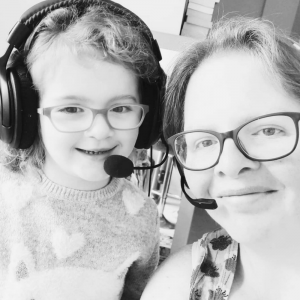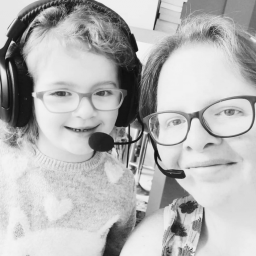The increasing numbers of women in the workforce is an inevitable global trend. Being a working mother, particularly after returning to the workplace immediately after maternity leave, involves new and countless trials and tribulations.
For them, their social roles have changed, and these women are required to manage a professional workload whilst balancing the demands of their home roles. If not mindfully managed, navigating this delicate balance can begin to compromise their mental health.
Our mental health is a key indicator of our ability to be resilient. It influences how we think, feel, and show up in daily life. The degree of our resilience dictates whether we bend or break during times of stress. Resilience is what enables our emotional, mental, and physical stability to navigate changes and challenges.
Research on resilience principles highlights that it is of paramount significance to manage an individual’s immediate environment and promote protective factors whilst addressing demands and stressors that are continually contended with.
What this means is that resilience is not a superpower we tap into only during moments of turmoil and adversity. Rather, our resilience builds as we encounter daily life in all spheres. Fostering protective factors aids us in thriving rather than merely surviving.
For many of us, we can find it challenging to reintegrate in the world of work; this can adversely affect how we are able to manage our mental health. To nurture our mothers is to nourish our nation as the future is born through them. Below are a few ideas of how our respective organisations can help mothers returning to the workplace feel sheltered and supported after maternity leave.
- Workplace support – A client who works for a major South African bank reported that her recent experience of going back to work was a positive one. She attributes this to her supportive colleagues who, as her team, have enabled and allowed her to have open and honest conversations where she can share her struggles in what feels like a safe space. It’s important for leaders to encourage a culture of vulnerability and openness, one in which all colleagues have a neutral container to share their pressures without thinking they will be judged or scored down on their performance
- Mental health days for mothers – New mothers face unique predicaments where they are in constant demand both at work and at home. Understanding that mothers returning to the workplace after maternity leave may feel guilty to take any further time off after a long departure, as this may be perceived as weakness or dereliction of duties. It’s important for workplaces to consider the value of offering mental health days where these mothers can prioritise their self-care and nurture their resilience
- Normalising flexible working hours – A flexible schedule offers women who are transitioning into motherhood the ability to continue their careers without having to abandon their goals whilst concurrently providing care to their children. With the growing number of single parents, it’s important for leaders to recognises the impact that concrete working hours has on career performance. Implementing flexible working hours means embracing different practices and policies on how the tasks can be done. This should be available to all colleagues in order that such an environment is normalised
- Working from home for an extended period – When it comes to working mothers or women who are re-entering the workplace after maternity leave, allowing the option to work from home for an extended period is an important considering where the nature of the work allows. This is necessary not just for the mental health of the mothers but also for the physical health of the children. As we continue to operate in the midst of a pandemic, allowing nursing mothers to work from home can contribute to protecting them and their babies from getting infected
- Re-establish connection – Upon their return, making mothers feel welcome and valued will have positive impact on their productivity. According to the International EAP Association, one way to be supportive is to create a plan for returning mothers before their leave begins. Managers should work with employees to ensure there’s a sensible return plan in place prior to their departure. It’s important for leaders to prioritise clear and compassionate communication and allow the re-negotiation of expectations
- Pamper pauses – A friend highlighted that one of the greatest vulnerabilities was that her physical appearance was not as it had been prior to childbearing. She felt that she had to hide away. This is seldom discussed but affected her both mentally and emotionally. Although she wanted to put more effort into her pampering and care, she felt that she could not afford the time to do so. It’s important for leaders to consider thoughtful gestures such as encouraging a weekly “Pamper Pause” for mothers returning to the workplace. Whether they choose to utilise this time to go for a walk, or to exercise or give themselves a simple pamper treatment, it will go a long way towards making new mothers feel they can create the time and capacity to have down-time to focus on themselves. When they look good, they will feel good
- Future oriented maternity policies – the International EAP Association suggests that in order to be effective, maternity leave policies should be gender neutral and focus on encouraging a balance between genders. While South Africa’s maternity leave policies and benefits compare well against many other countries, leaders can take a forward-looking approach when updating maternity leave policies. Maternity leave policies of the future should seek to lessen the effect that childcare responsibilities have on mothers. The most progressive employers will allow for more flexible working arrangements that allow both parents to better balance their responsibilities.
For many working mothers, maintaining their job-security is crucial and there is seldom the option to extend their time away from work. Due to financial demands, they need to return to work soon after having their child. As they navigate these huge life transitions, let’s do our best to ensure that we protect their mental health and normalise the notion that “women are equally as powerful and competent as men but flourish in a different, more nurturing environment.”




















